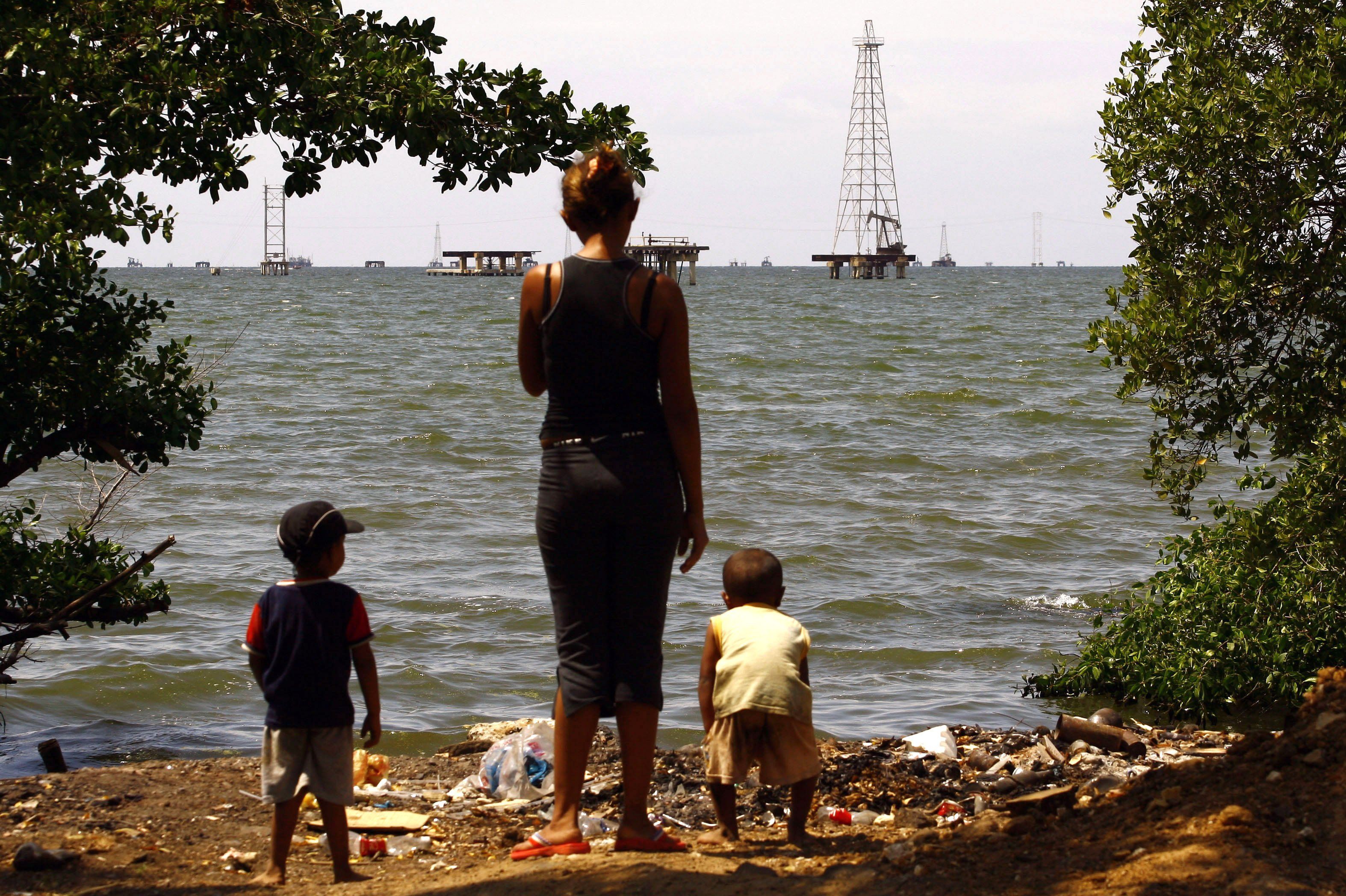The United States has temporarily lifted sanctions against Venezuela’s oil, natural gas, and gold sectors after Venezuela’s strongman President Nicolás Maduro agreed to a deal with the US-backed opposition on scheduling elections with international observers and allowing opposition candidates to run.
This gives the South American country a lucrative opportunity to export oil to US markets, which will put coveted US dollars directly into Caracas’ coffers. Boosting the Venezuelan economy can’t hurt Maduro, fair elections or not, and could lead to lower US gas prices, which would save Biden some political pain ahead of his reelection bid.
The six-month scheme is a major reversal for Washington, which applied “maximum pressure” against the Venezuelan regime during the Donald Trump years. That approach seems to have largely failed: Sanctions have crippled Venezuela’s economy but failed to oust Maduro, and after an initial flurry of fanfare, the US-backed, self-declared interim leader Juan Guaidó’s movement is all but dead.
The White House says it will slam the hammer back down if Caracas doesn’t follow through with its promises. But Washington also wants to see political prisoners released, and Caracas seemed to nod at that expectation by releasing five detainees after the sanctions paused.
But this is far from Maduro’s swansong. There’s no set timeline to arrange for official candidate lists and hold votes, no agreed-upon rules for how the election and campaign will be conducted, and most importantly, no real incentive for Maduro to allow a truly fair contest. He’s made it this far under sanctions, after all, so why should he dread their re-imposition?
And if he can make some money while dragging the process out, pues que chevere (well, that’s great!).
